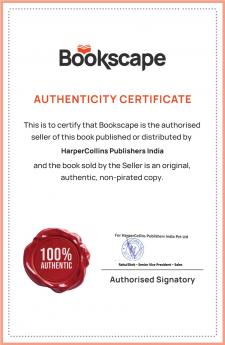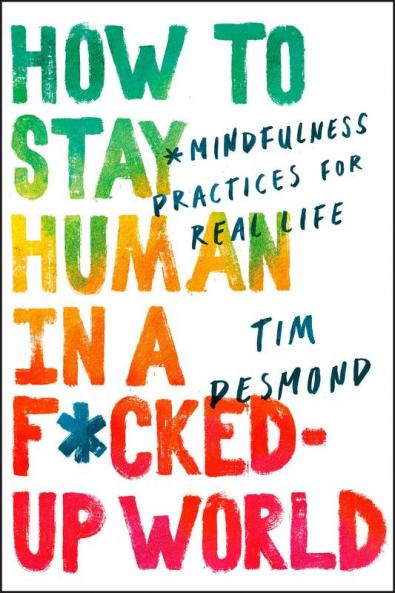This Book is Out of Stock!
English
Paperback
₹407
₹550
26% OFF
(All inclusive*)
Delivery Options
*COD & Shipping Charges may apply on certain items.
Review final details at checkout.
Looking to place a bulk order? SUBMIT DETAILS
About The Book
Description
Author
Everywhere we go, we hear about the benefits of mindfulness bring us joy, peace, and productivity, and even to make us look younger and live longer. Meanwhile, in the real world, things aren't so rosy: suicide rates are skyrocketing; prescription drug use is on the rise; exposure to negative news is causing ptsd-like symptoms; and we continue to report feeling disconnected, distracted, and depressed. How can we be more mindful when the world is this fucked up? Tim desmond—esteemed Buddhist scholar and lecturer on psychology at Yale medical school—is the fresh, engaging answer to this important question. Using techniques cultivated from the monastery of Zen master Thich Nhat hand and at Google headquarters in Silicon Valley, Tim has been inventing new ways to bridge the gap between the ancient tradition of mindfulness and modern life. In how to stay human in a f*cked-up world, he presents readers with exactly that—the first mindfulness practice designed for surviving the sometimes-miserable world we live in, with advice, strategies, and guidance you can start using to feel more connected, joyful, and present today. Direct, witty, and surprising, with chapters titled “why bad things happen,” “you’re not crazy,” and “becoming fearless,” how to stay human in a f*cked-up world gets right to the heart of our collective pain with a simple practice rooted in science, self-compassion, and Psychotherapy. If you’ve tried mindfulness before and failed, Tim gets it. Likely you were told to sit on a pillow in a dark room, meditate, or count your breaths. But mindfulness isn't about separating ourselves from the problems in the world. Instead, it is about re-learning how to get out there, connect with the suffering of every living being and in so doing, embrace our own personal suffering, let go, and move on.
*COD & Shipping Charges may apply on certain items.
Review final details at checkout.
₹407
₹550
26% OFF
Paperback
Out Of Stock
All inclusive*
Details
ISBN 13
9780062975263
Publication Date
-30-06-2019
Pages
-224
Weight
-327 grams
Dimensions
-203x254x13.7039999 mm
Imprint
-HarperCollins Publishers India Pvt Ltd











